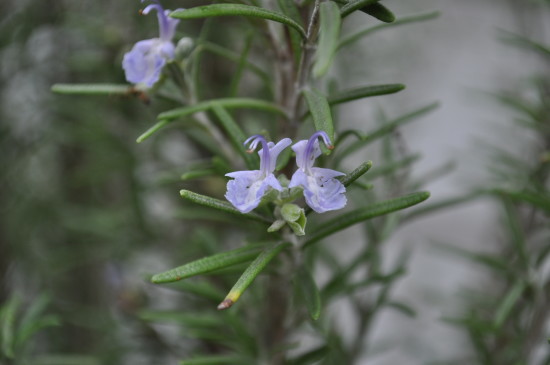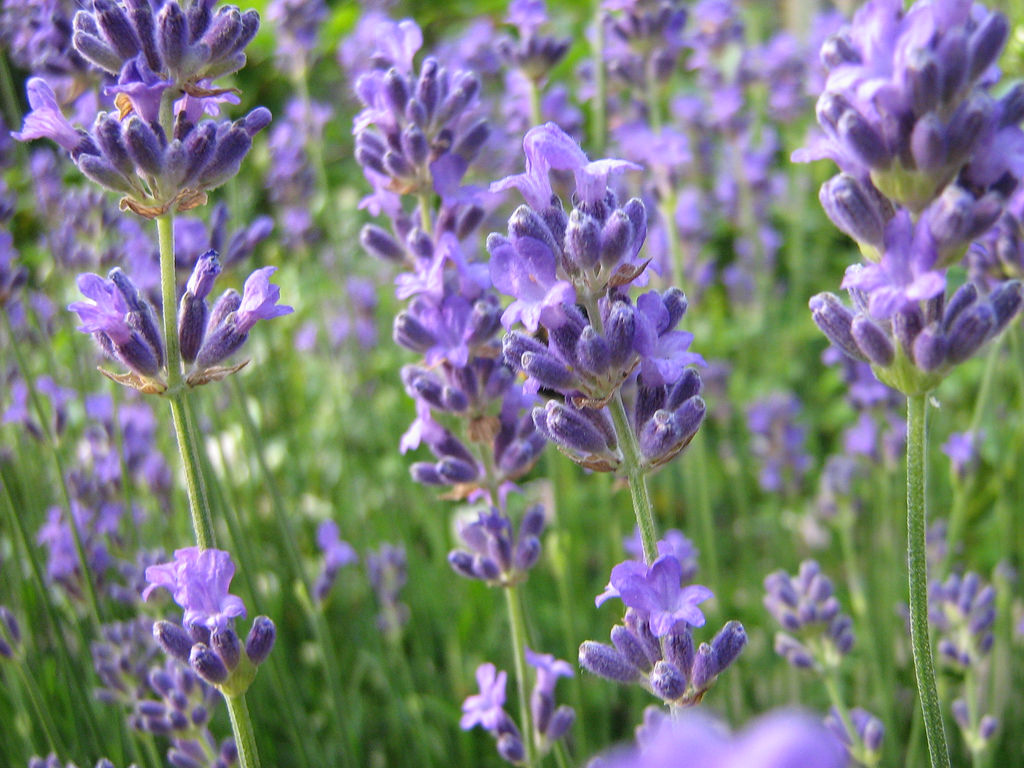The use of lavender as a remedy dates back nearly 2,500 years. The ancient Greeks used it as a cure for nearly everything from insomnia to insanity. Today, lavender is popularly used in the aromatherapy industry. Best known as a natural sedative, lavender’s most prominent strength is its ability to calm the nervous system. These calming abilities reduce anxiety and promote relaxation, making it easier for insomniacs to sleep. Although there are other suggested effects of lavender, such as promotion of hair growth, they have not been researched extensively enough to be proven. There have, however, been experiments that found that the smell of lavender benefits those with insomnia and depression, as well as having positive effects on the emotions of the elderly with dementia.

Lavender. Image Source: Melanie Wathugala
There are multiple ways to use lavender. Traditionally, restless people would fill their pillows with lavender to help them fall asleep, but these days we have the option of using essential oils. Essential oils are extracted from the lavender flowers and are used externally, incorporated into a massage, a bath, a candle, or just inhaled through a cloth or an aromatherapy vaporizer. Essential oils are not to be consumed, but there are teas with calming effects that contain dried lavender.
Aromatherapy stimulates our olfactory system, the part of the brain associated with smell, and then sends a signal to the limbic system, the part of the brain that controls emotions and memories. This releases chemicals that allow us to feel relaxed, hence the frequent pairing with massages and other relaxing activities. Currently there is no definite proof that aromatherapy has any strictly physiological benefit, but some clinical studies have indicated a correlation between physiological health and aromatherapy.
Feature Image Source: Lavender by Lukas Kramer










